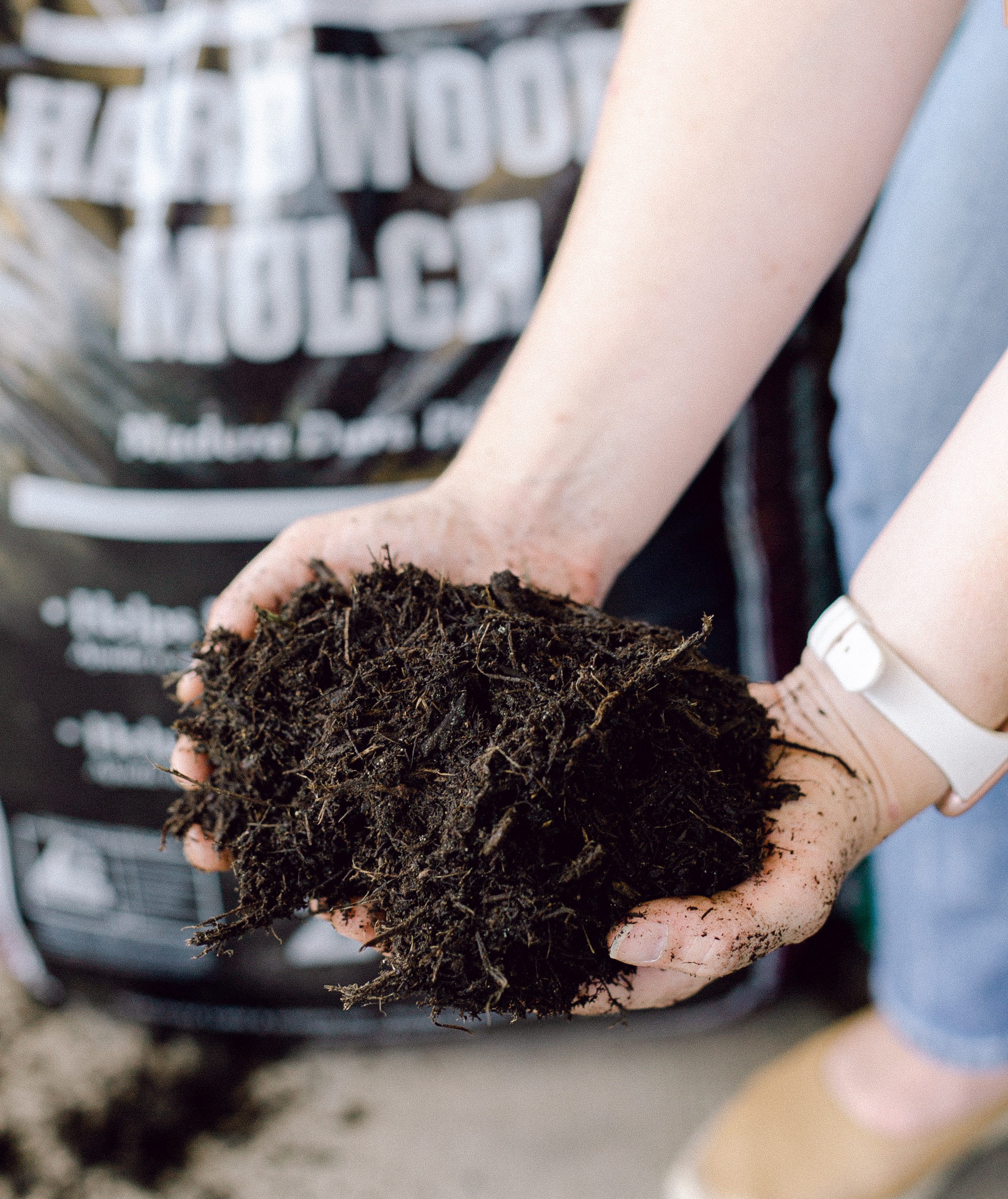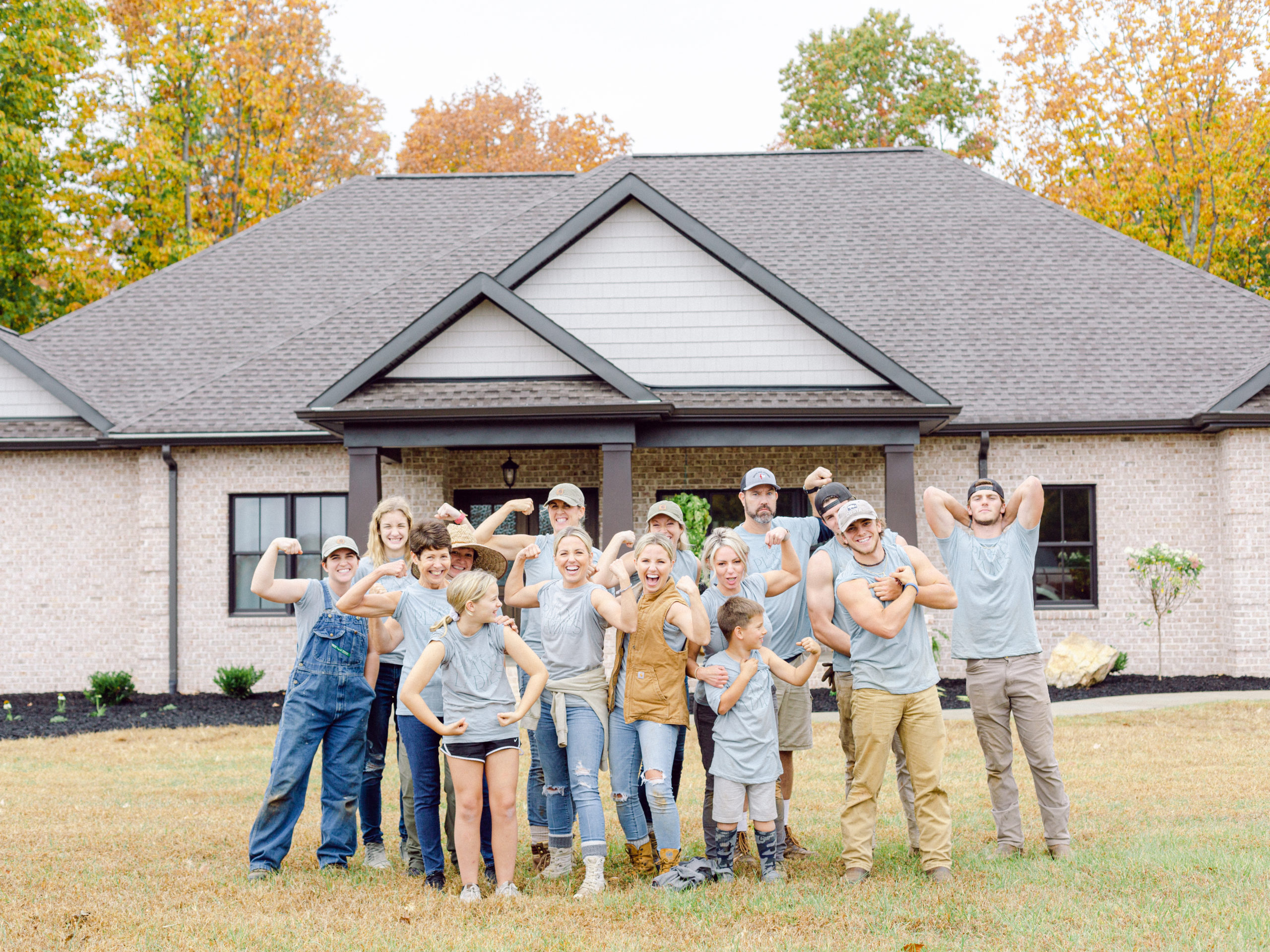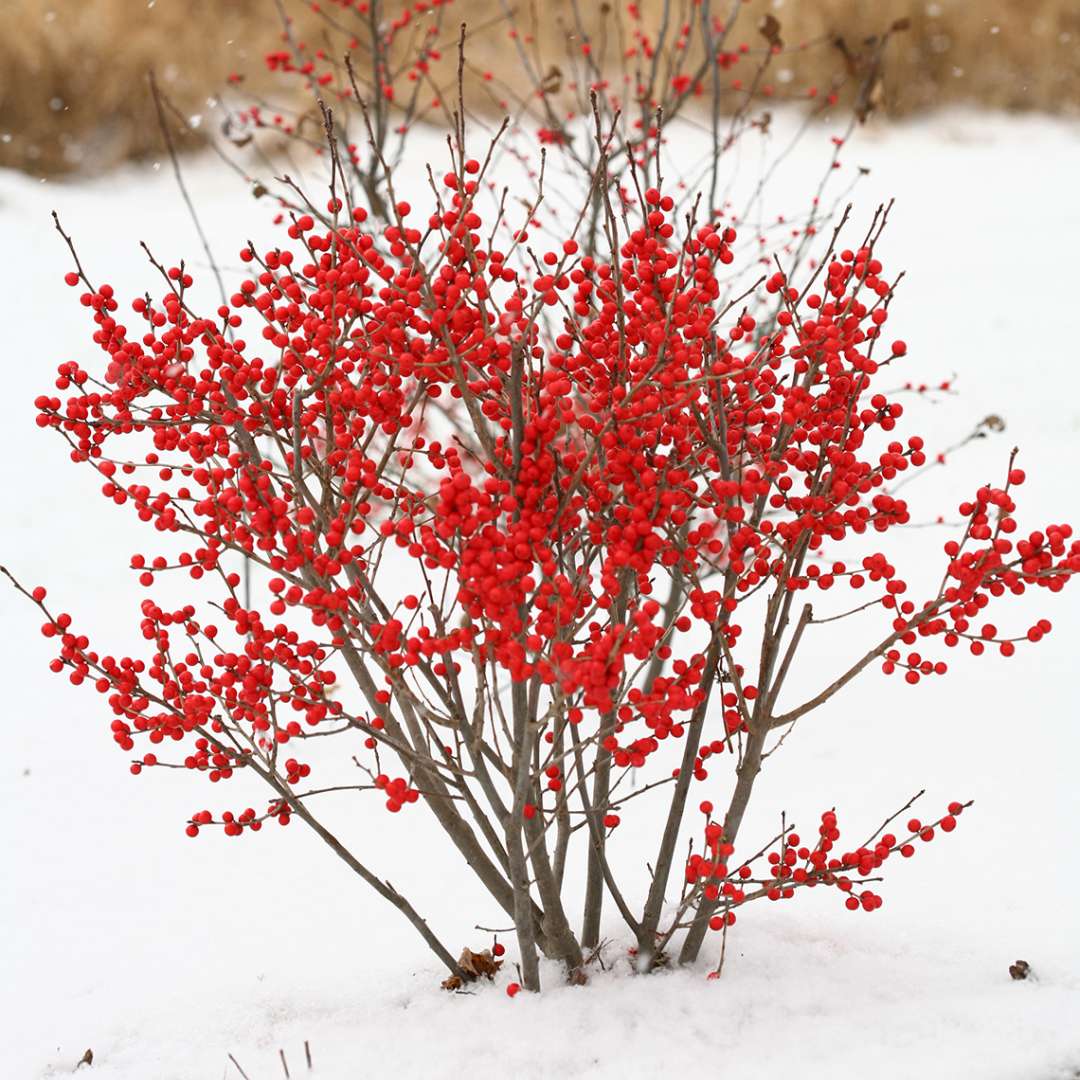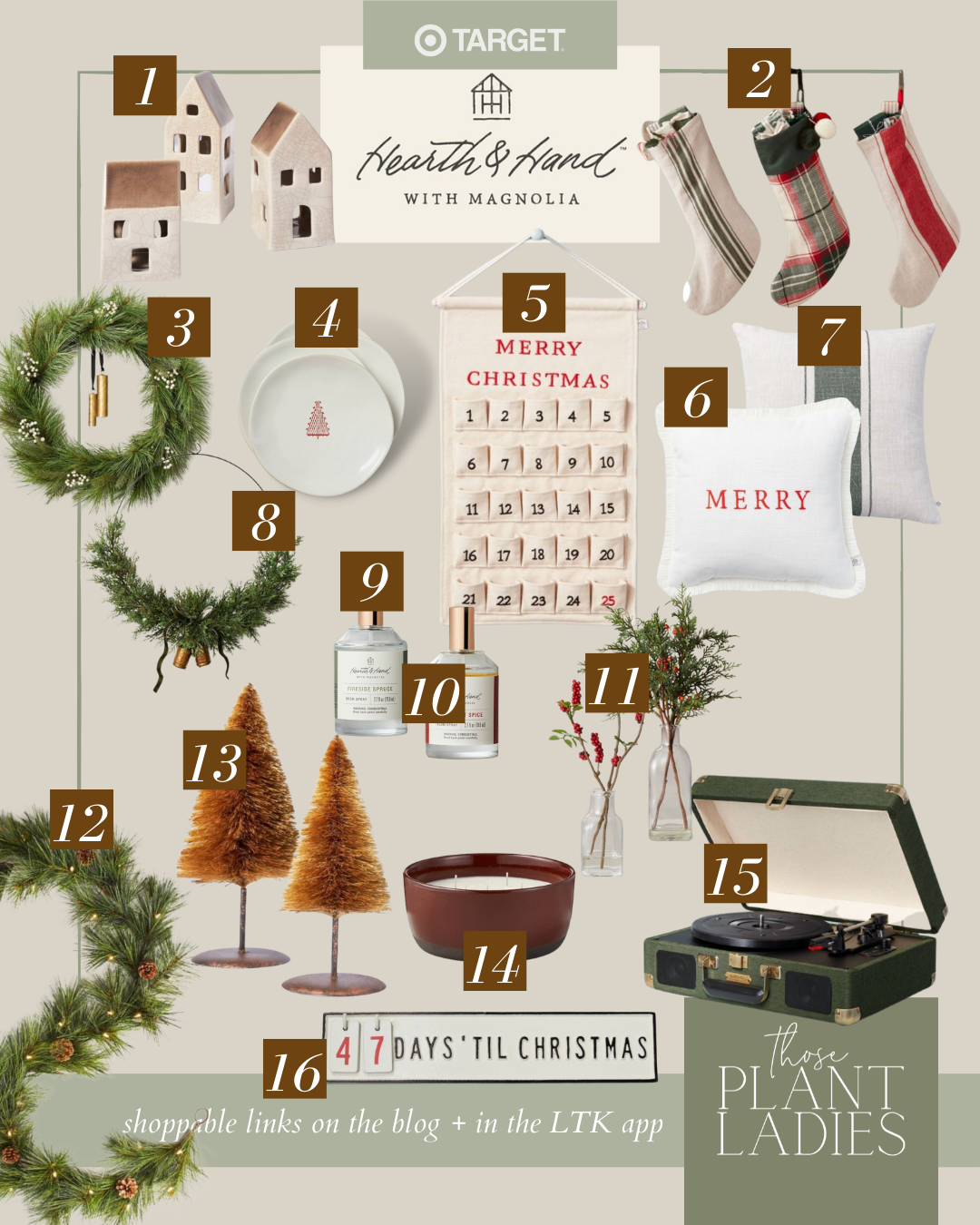Have you ever noticed how simply adding a fresh layer of mulch to a landscape can transform the appearance? Mulch can make even the roughest looking plants and landscape look like someone has spent time keeping it clean and tidy, even if all you did was dump some bags out and spread the mulch around. It’s every gardener and landscaper’s go-to product for an instant face-lift for your yard!

When we talk about mulch giving your yard that instant aesthetic boost, we like to think of that as putting some makeup on the landscape. If you have blemishes or dark spots, make-up will do a great job to cover that up and make the rest of your face shine to overshadow the spots we don’t like. To help the spots we don’t like, it takes skincare products – serums, creams, washes, and all the other lotions and potions we’re always using! Mulch can serve as the make-up for your landscape. It can cover up weedy spaces and distract from unhealthy plants but the issues are still there beneath the new mulch. Looking for the good news? Mulch is actually makeup and skincare all-in-one for our yard! Let’s look at some of the benefits of mulch.

Mulch serves as a little layer of insulation between the soil and the plant roots and the outside environment. This helps to protect the soil, our good soil microbes, and the roots in the soil from extreme temperatures. The roots that actually feed our plants are in the top 2-6 inches of soil and are very fine. On the hottest days, these tiny roots can fry if the soil is exposed and begins to get too warm. In the winter, mulch can keep the soil temperature just a few degrees warmer, protecting some of our more cold sensitive plants from the coldest days. Moderating the soil temperature in extreme conditions keeps the soil healthy and our plant roots thriving.

Having a layer of mulch reduces soil water loss due to heat and evaporation. This means we don’t have to water so often and that’s a good thing! Mulch can also help to absorb some water if there’s heavy rainfall and reduce the risk of soil flooding. Keeping soil moisture more stable is also beneficial to the good soil microbes that are essential to having healthy soils.

This benefit is exclusive to wood mulch, straw, pine needles, or other mulches that are made of plant material rather than something like rubber. This is a huge reason why we do not recommend rubber mulch but that is another topic for another day! You’ve probably heard of using compost (broken down organic materials) to enrich your soil. When you use a non-rubber mulch, it will eventually break down, becoming a compost of sorts for your soil! It is like you are getting a slow-release fertilizer included with your mulch. Different types of mulch break down at different rates, each coming with its own pros and cons but as long as it is made from a previously living material, it will eventually break down and provide great benefits to your soil nutrients and structure!

Most people probably think of mulch as a weed management strategy and it certainly is! A few words of caution when considering this benefit though. Mulch will probably not help with perennial weeds that come back each year such as vines, thistles, nutsedge, creeping Charlie, and many more. We also don’t want you to think that more mulch is always better to prevent weeds. Too much mulch can lead to many issues for your plants and your soil. Finally, do not be surprised to get a few weeds every now and then. An appropriate amount of mulch can go a long way in reducing the amount of weeds in your yard but it is not a guarantee to have weed-free beds.

If soil is left bare, it’s easily washed away by rainfall or wind. Covering soil with mulch helps to protect the valuable topsoil from being swept away by wind. Mulch slows the movement of water over the soil’s surface and catches soil particles that are being moved by water from rainstorms. It is always best to reduce erosion whenever possible and mulch is a great way to do this, especially in areas that aren’t covered with plant material.

A healthy soil is 50% empty space made by tiny pores in the soil that contain either air or water, depending on recent weather. When we walk or drive on soil, we put pressure on the soil that mashes those pores out of the soil. If there is reduced pore space in the soil, the soil may not be able to hold as much water, water may not be able to flow through the soil well, or the plant roots might not be able to get the oxygen they need to live. It’s important to reduce the compaction to our soil to keep our plants healthy. Mulch puts a cushion layer between the pressure we apply by walking or driving and the soil. The mulch helps distribute the pressure, reducing the compaction to the soil.

Wow, so many good things about something as simple as mulch! We never leave an installation without giving it a good dose of skincare and a little make-up 😉 We’ll investigate different types of mulch in a later post to help you choose the mulch that will provide the most benefit while being best suited for your property! Happy mulching!






It’s fantastic to learn that mulch can help reduce the number of weeds in your yard. My wife and I are wanting to move to a house with a larger yard and we were wondering how we could reduce the weeds in our yards. I’ll be sure to tell her that we should get mulch to add to our yards.